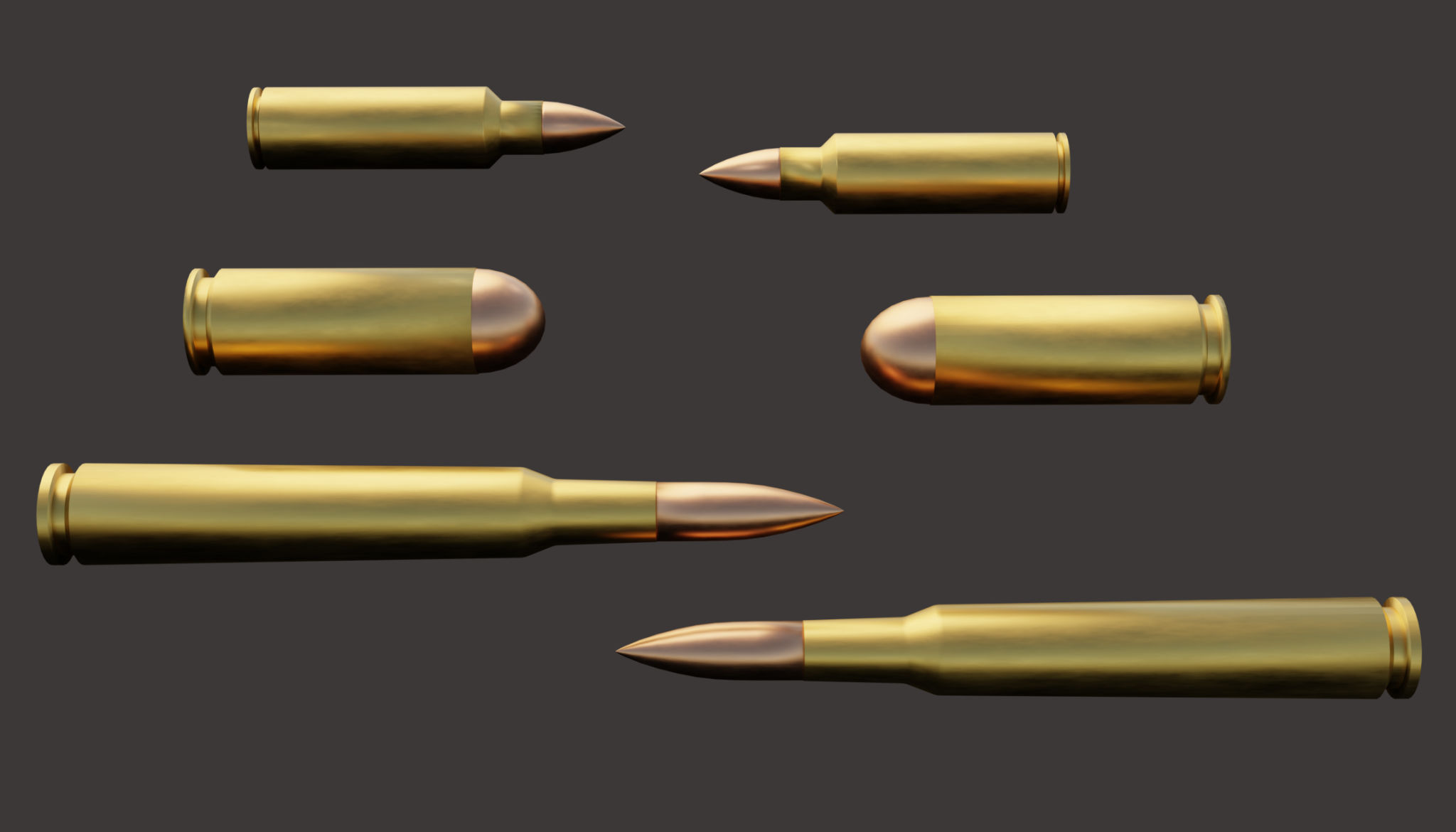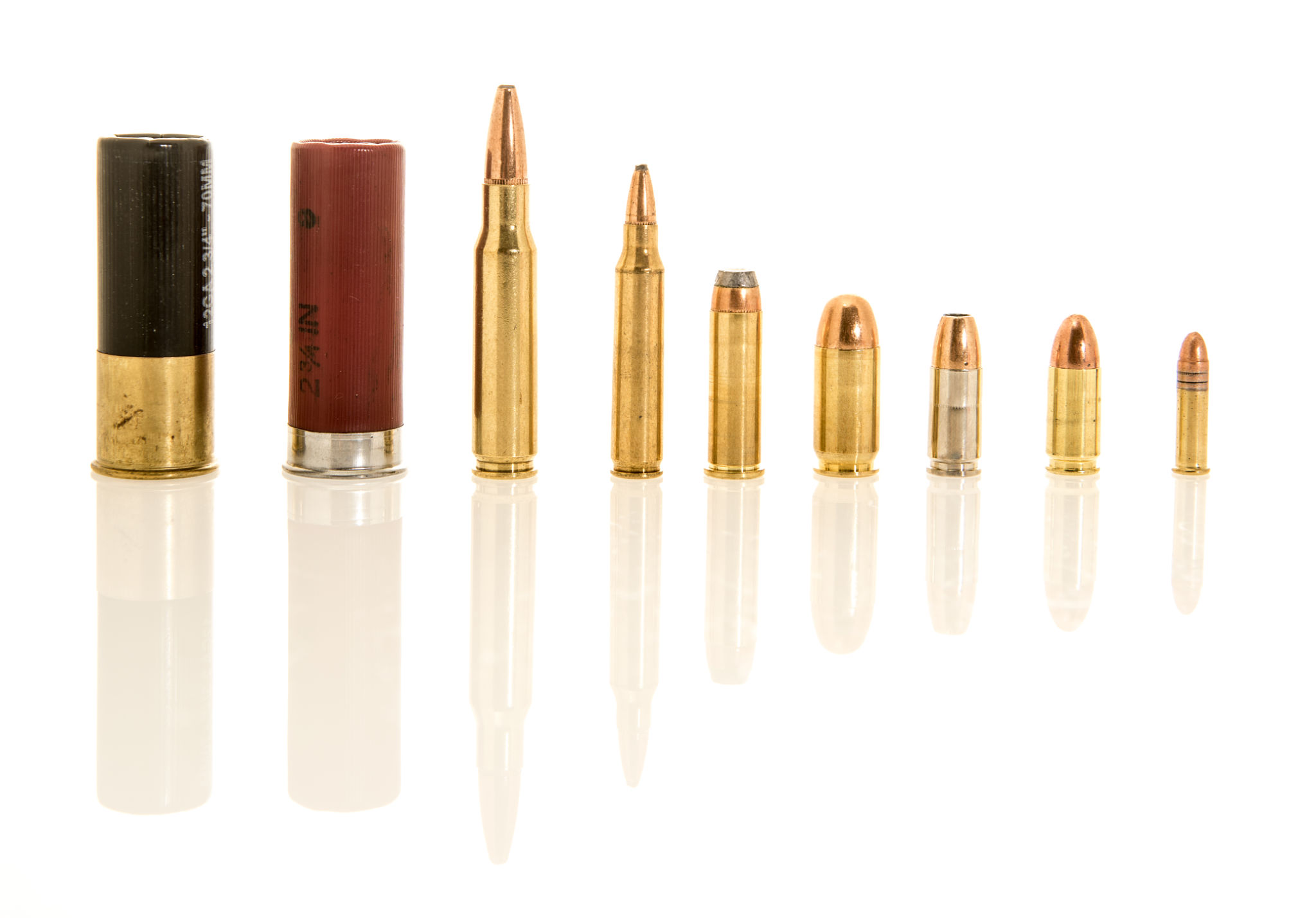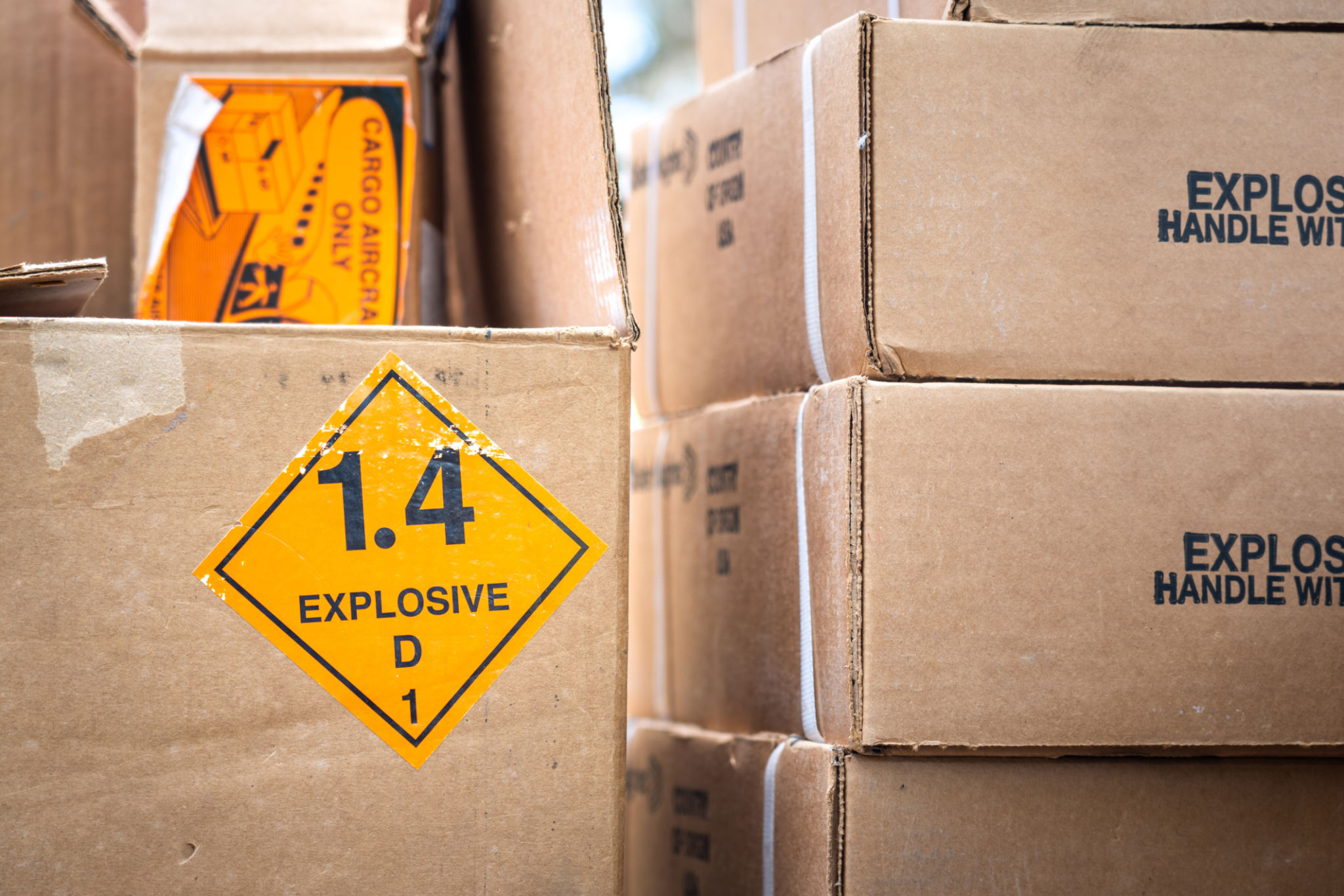Common Misconceptions About Ammunition in Wayne, NJ
Understanding Ammunition: Setting the Record Straight
When it comes to ammunition, there are plenty of misconceptions that circulate among enthusiasts and newcomers alike. These misunderstandings can lead to confusion and, in some cases, unsafe practices. In Wayne, NJ, like elsewhere, it's crucial to clarify these myths to ensure both safety and informed usage.

Myth 1: All Ammunition Works the Same Way
One common misconception is that all ammunition is created equal. In reality, there are numerous types of ammunition, each designed for specific applications. From hunting to self-defense, the ammunition used must match the intended purpose. For example, hollow point bullets are designed to expand upon impact, making them suitable for self-defense due to their stopping power. In contrast, full metal jacket (FMJ) rounds are often used for target practice due to their ability to penetrate targets more effectively.
Myth 2: Bigger Caliber Means Better Performance
Another prevalent myth is that a larger caliber automatically translates to better performance. While larger calibers can offer more stopping power, they also come with increased recoil and reduced magazine capacity. It's vital to choose a caliber that fits both your needs and your ability to handle the firearm safely. Often, a smaller caliber round can be more effective for certain users due to its ease of handling and better accuracy.

Myth 3: Ammunition Can Be Stored Indefinitely
Some believe that ammunition can be stored indefinitely without any degradation in quality. However, improper storage conditions can lead to issues such as moisture damage, which can cause ammunition to malfunction or become unsafe. To preserve ammunition quality, store it in a cool, dry place away from direct sunlight and extreme temperatures.
The Importance of Proper Storage
Understanding the importance of proper storage cannot be overstated. Investing in airtight containers or safes specifically designed for ammunition can significantly extend its shelf life and ensure reliability when you need it most. Additionally, regularly inspecting stored ammunition for signs of corrosion or damage is a good practice.

Myth 4: Reloading Ammunition Is Dangerous
Reloading ammunition is often perceived as a hazardous activity reserved only for experts. While it does require knowledge and precision, many enthusiasts safely reload their own rounds. By following established guidelines and safety protocols, reloading can be a cost-effective way to enjoy shooting sports while gaining a deeper understanding of ballistics.
Myth 5: Ammunition Is Only for Firearms
Lastly, some people mistakenly believe that all ammunition is meant exclusively for firearms. In fact, ammunition also includes projectiles used in various non-lethal applications such as airsoft guns and paintball markers. These activities offer recreational opportunities and are subject to their own specific regulations.
In conclusion, understanding the nuances of ammunition is essential for anyone involved in shooting sports or self-defense. By debunking these myths and spreading accurate information, we can promote safer practices and more informed decisions. Whether you're a seasoned shooter or a beginner, always prioritize safety and education when handling ammunition.
